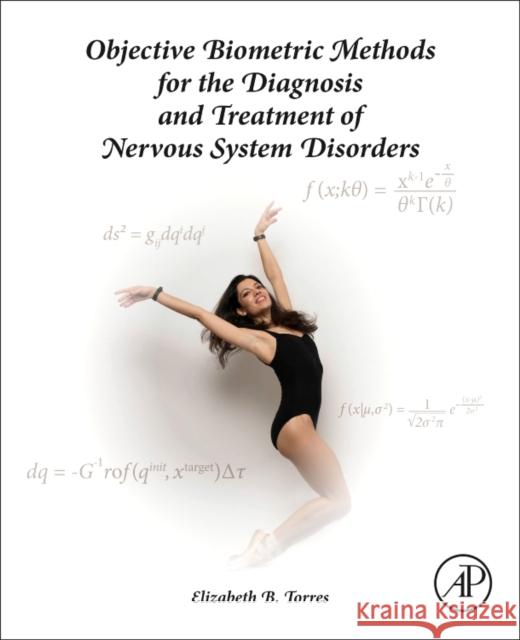Objective Biometric Methods for the Diagnosis and Treatment of Nervous System Disorders » książka
topmenu
Objective Biometric Methods for the Diagnosis and Treatment of Nervous System Disorders
ISBN-13: 9780128040829 / Angielski / Twarda / 2018 / 580 str.
Kategorie:
Kategorie BISAC:
Język:
Angielski
ISBN-13:
9780128040829
Rok wydania:
2018
Ilość stron:
580
Wymiary:
19.1x23.5x0
Oprawa:
Twarda
Dodatkowe informacje:
Bibliografia
Glosariusz/słownik
Wydanie ilustrowane
Glosariusz/słownik
Wydanie ilustrowane











